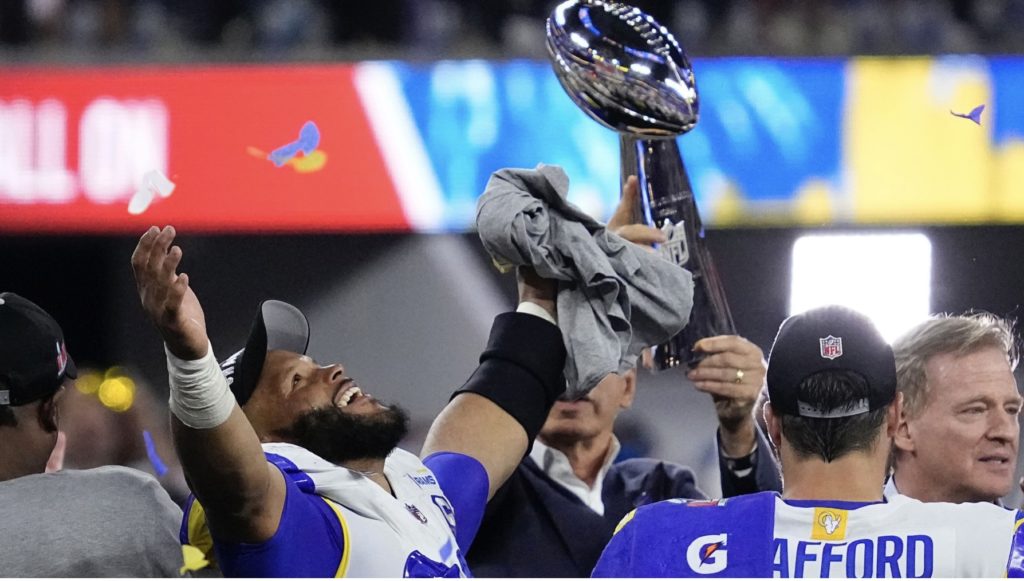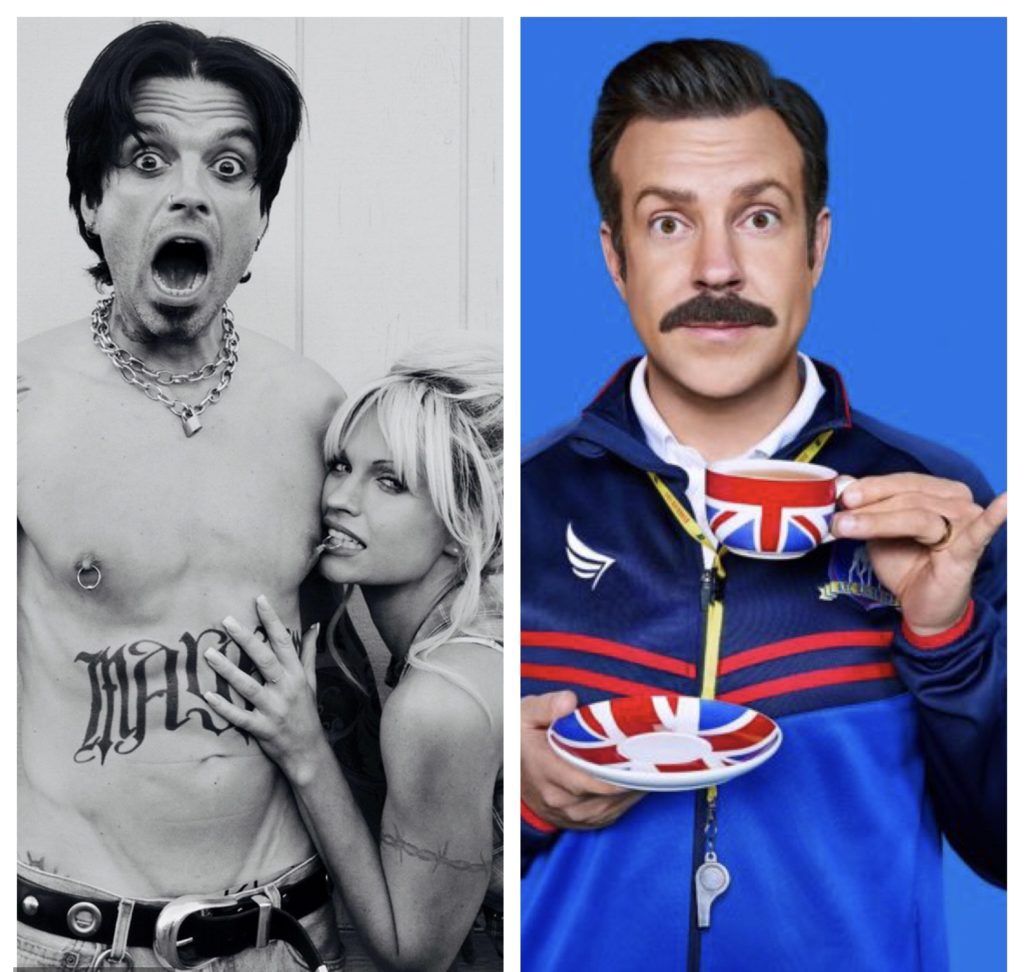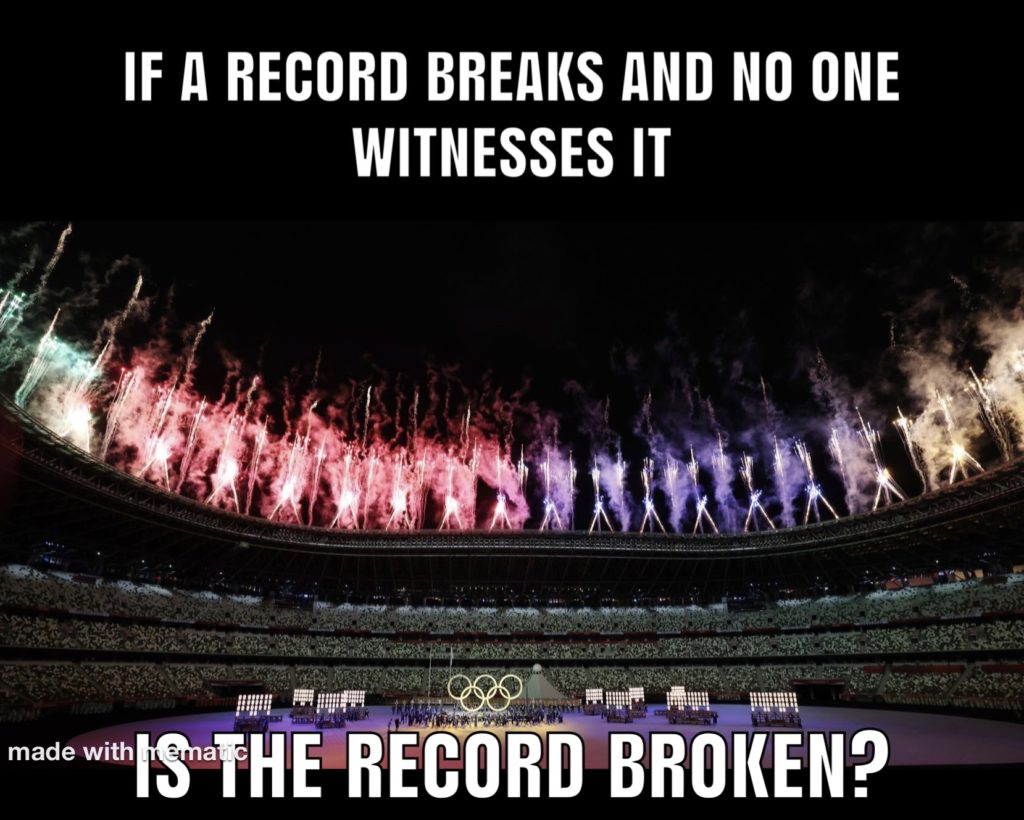
So the Los Angeles Rams won the Super Bowl. Someone should tell Los Angeles.
I have lived here more than two decades. I’ve seen this town lose its collective shit over the Lakers, Dodgers, even the Galaxy, one of L.A.’s soccer clubs.
But when I went to the grocery store on Sunday for pre-game sustenance, there wasn’t a single Rams t-shirt on a body in the store, no Rams banners, pennants or paraphernalia in the aisles, no bumper stickers on cars clogging parking lots.
Maybe it was COVID. Maybe diehards stocked up early. But the day had all the excitement of watching an apple brown. At least in the town.
In terms of a game, SB LVI had some highlights. The game was close. There were some good commercials, like the Coinbase ad, a wordless, floating barcode that bounced like a Pong video game on autoplay. It would have been a terrific ad — had it not sparked so many scanners that the site crashed. Not exactly the vote of confidence in cryptocurrency the commercial hoped to foster.
And who knew the Scientologists had enough cash for another Super Bowl ad? I thought Leah Remini put a stop to that silliness. Xenu is a baller!
But my favorite moments of all sports championships are the praises of god that immediately follow. Defensive star Aaron Donald was reduced to tears and kept calling out to the sidelines TV reporter ”God is good! God is good!”
Super Bowl MVP Cooper Kupp had a better tale. After the Rams lost the 2019 Super Bowl to the Patriots, he said as he walked off the field ”and it was revealed to me we would come back and win and I would be the MVP.”
Wow. That’s pretty specific. He mention anything about a pandemic? No? Just the game?
Such holy after-the-fact predictions after are common in sports. And I guess it’s good when any celebrity acknowledges a higher power other than the self.
But, just once, I’d like to see an athlete share his communications with god before the big game? Any predictions? Any plans for a dink field goal?
Or better yet, just tweak a reliable favorite.
“God is good! And clearly he thinks the Bengals and their fans are a bunch of sinners who deserve to have their prayers crushed. Praise Jesus for believing in the nickel defense!”



